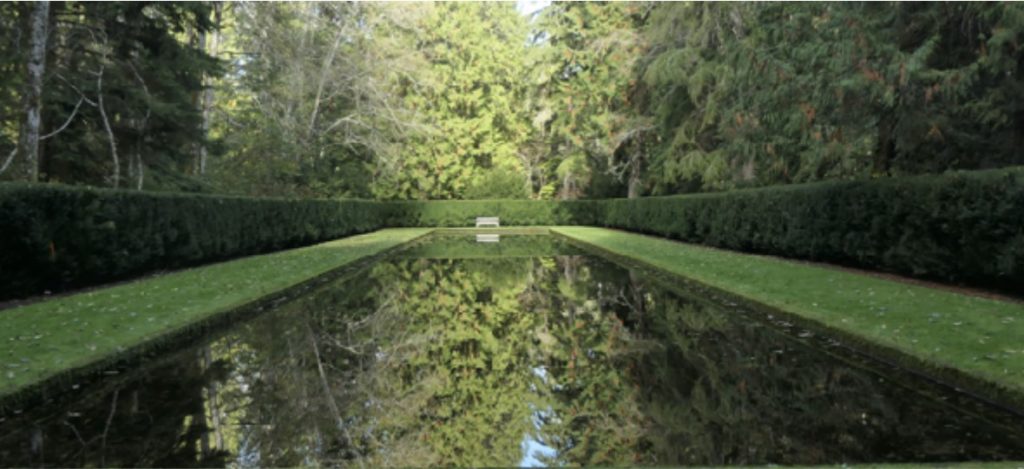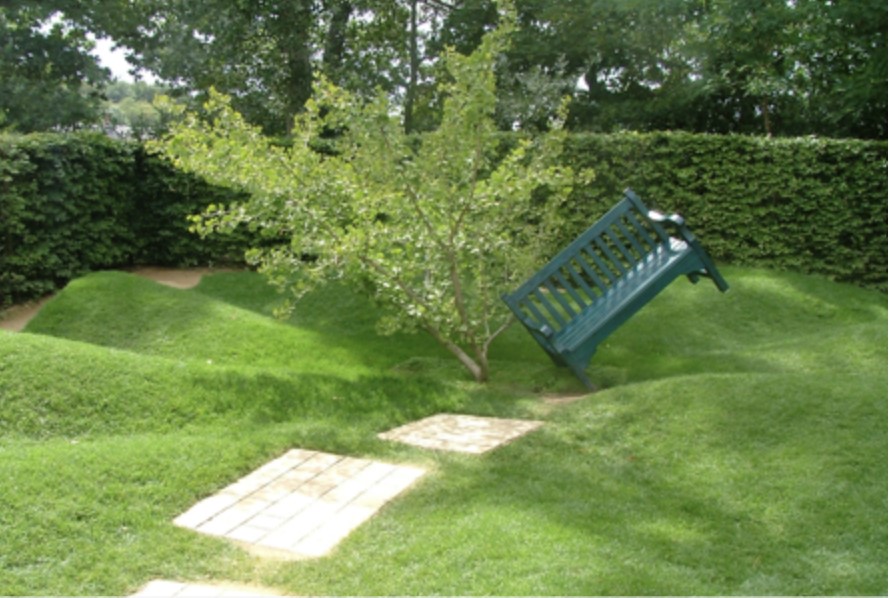Work is continuing on preparation for this exciting conference scheduled for 19 June.
Conference objectives
- To inspire future generations of BAME scholars by showcasing the achievements and contributions of current BAME PhD students
- To provide a platform specifically for BAME PhD students to present their research, share their experiences, and engage with other scholars and professionals in their field.
- To facilitate networking opportunities for BAME PhD students to connect with peers, mentors, and potential collaborators, fostering a supportive community and encouraging interdisciplinary collaboration.
- Aim to empower BAME PhD students by providing professional development workshops to navigate academia and pursue successful careers.
- To raise awareness of pressing issues affecting BAME students within academia and in broader society, through keynote speeches, panel discussions, and interactive sessions.
Call for contributions
Call for PGR student talks:
Deadline Tuesday 14 May (now extended to 23 May)
We are pleased to call for contributions in the form of talks and research posters. If you have any queries please email graduateresearchschool@bbk.ac.uk. This update includes information about:
Why present a talk?
Black, Asian and Minority Ethnic (BAME) Doctoral researchers are invited to propose a talk to present at the conference. This is an opportunity for you to make your doctoral research visible and gain experience presenting your work.
What sort of talks are invited?
We intend student talks to be up to 15 minutes in duration including questions but we may need to adjust the timings slightly depending on the number of speakers.
Suggested talk structure
If you are unsure about what to present you are invited to consider the following structure for a talk. Please aim to make your talk accessible to a non-specialist.
1. Introduction (2 minutes)
- Greeting and Opening: Start by introducing yourself and you could thank those present for the opportunity to speak.
- Introduce yourself: You could introduce yourself and say which doctoral programme you are enrolled on. It would be interesting to hear why you chose to study a PhD and why you chose Birkbeck. State the focus of your doctoral research and what you aim to prove or discover.
2. Research Context and Relevance (3 minutes)
- You could briefly summarise your chosen field of research including why it is of importance to you and to your field of study.
- Field Overview: Briefly describe how your research fits into the current state of the field related to your research.
- Gap Identification: Highlight what’s missing in the current research landscape and how your work addresses this gap. Highlight which part of your work you will be speaking about today.
3. Methodology (3 minutes)
- Research Design: Outline your research design, including the type of research (qualitative, quantitative, mixed methods, etc.) in relation to your talk. You could highlight whether ethical approval was required.
- Data Collection: Describe how you collected or will collect your data.
- Analysis Techniques: Briefly mention the analysis techniques used/ to be used, ensuring to clarify any complex methods in a way that non-specialists will be able to understand.
4. Key Findings (3 minutes)
- Major Results: Present the main findings of the research you are sharing. Use visuals like charts, graphs or images if they help clarify complex data.
- Interpretation: Provide a brief interpretation of what these findings may mean for your project and/ or for the field.
- Limitations: Quickly note any limitations of your study to anticipate potential questions.
- If you haven’t yet reached the stage of research findings you could speak about some of the questions you hope to answer.
5. Conclusion and Future Research (2 minutes)
- Bring your talk to a conclusion by summarising key points covered and what further work you plan to do during your doctoral studies.
- Summary: Recap the main points of your research and your findings.
- Future Directions: Suggest how your research could be expanded or what future studies could explore further based on your work.
6. Q&A Session (2 minutes)
- Thank the audience for their attention. One of the event organisers will invite questions from the audience.
- You may find it useful to have prepared responses for likely anticipated questions, especially regarding your methodology and your conclusions.
How to submit your proposed talk
You are invited to submit your proposed talk using this brief form.
Will all talks be selected?
We intend to involve all contributors but in order to include a balanced range of talks we may need to be selective for timetabling purposes. The choice of talks will be decided on by a steering group for the conference which will include doctoral student members. This group will meet soon after the deadline for proposals so that we can confirm arrangements for speakers as soon as possible.
Call for PGR Posters:
Deadline Friday 7th June
The opportunity to present your work through a research poster, practise your communication skills, network with other doctoral researchers and to celebrate your work is available to all BAME Doctoral Researchers at Birkbeck at the Black, Asian and Minority Ethnic Doctoral Conference.
Your research poster should explain your research to a mixed audience of non-subject specialists and should be formatted for printing as A0 in size and in portrait orientation.
Instructions for poster submissions
Please complete this brief form about your research poster.
All poster contributors will be asked to submit their poster as a .pdf file by 7 June so that the BGRS can arrange for them to be printed.
Call for Steering Group Member:
Deadline 14 May
We are looking for a self-funded BAME student to join the Steering Group for this conference.
The group will meet on the week of the May 14th (date TBC) to help decide on which PGR Student talks will be selected for the Conference. This is a great opportunity to be a part of the planning of the first BAME Doctoral Conference as well as helping with arrangements on the day of the event which may include introducing speakers or helping with question and answer sessions.
The group will consist of:
- Dr William Ackah (Senior Lecturer, School of Social Sciences)
- Tim Hoe (Graduate Research School Manager)
- Sabrina Bowen (CHASE EDI Ambassador)
- Diversity 100 Doctoral Researcher
- CHASE Doctoral Researcher
- Self-Funded Doctoral Researcher
How to express interest:
Please send the following to graduateresearchschool@bbk.ac.uk:
- A copy of your CV
- A brief statement outlining why you would like to join the steering group (no more than 150 words)




